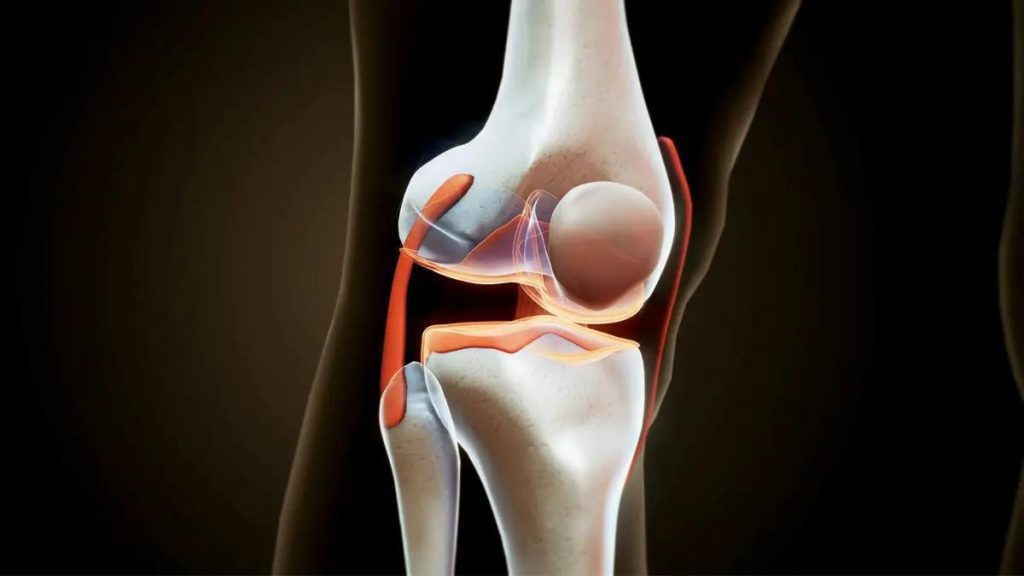Niacin, also known as vitamin B3, is a water-soluble vitamin that plays a crucial role in converting food into energy. It is found naturally in many foods, including meat, fish, eggs, and green vegetables. Niacin is also available as a dietary supplement and is often prescribed to help manage certain medical conditions, such as high cholesterol and triglyceride levels.
What is Niacin?
Niacin is an essential nutrient that the body needs to function properly. It is involved in various metabolic processes, including the metabolism of fats, proteins, and carbohydrates. Niacin also plays a role in maintaining healthy skin, nerves, and digestive system.
Mixed Effects of Niacin on Heart Health
While niacin is known to have some benefits for heart health, such as increasing HDL (good) cholesterol levels and reducing triglycerides, recent studies have raised concerns about its safety, particularly in high doses.
A study published in the New England Journal of Medicine found that taking high doses of niacin supplements can increase the risk of heart problems, including heart attacks and strokes. The study, which involved over 25,000 participants, found that those who took high doses of niacin had a higher risk of developing cardiovascular issues compared to those who took a placebo.
How Much Niacin is Too Much?
The recommended daily allowance (RDA) for niacin varies depending on age, gender, and other factors. For most adults, the RDA for niacin is between 14-18 mg per day. However, higher doses of niacin are often prescribed to help manage certain medical conditions, such as high cholesterol.
It is important to note that taking high doses of niacin supplements should only be done under the supervision of a healthcare professional, as taking too much niacin can lead to serious side effects, including liver damage, gastrointestinal issues, and increased blood sugar levels.
Takeaway
While niacin is an important nutrient that plays a role in overall health, including heart health, taking high doses of niacin supplements may not be safe for everyone. If you are considering taking niacin supplements, it is important to talk to your healthcare provider first to determine the appropriate dosage for your needs and to discuss any potential risks or side effects.








Thanks for sharing. I read many of your blog posts, cool, your blog is very good.
Your point of view caught my eye and was very interesting. Thanks. I have a question for you.
I don’t think the title of your article matches the content lol. Just kidding, mainly because I had some doubts after reading the article.
Can you be more specific about the content of your article? After reading it, I still have some doubts. Hope you can help me.
Can you be more specific about the content of your article? After reading it, I still have some doubts. Hope you can help me.
Your article helped me a lot, is there any more related content? Thanks!
Can you be more specific about the content of your article? After reading it, I still have some doubts. Hope you can help me.
Thank you for your sharing. I am worried that I lack creative ideas. It is your article that makes me full of hope. Thank you. But, I have a question, can you help me?